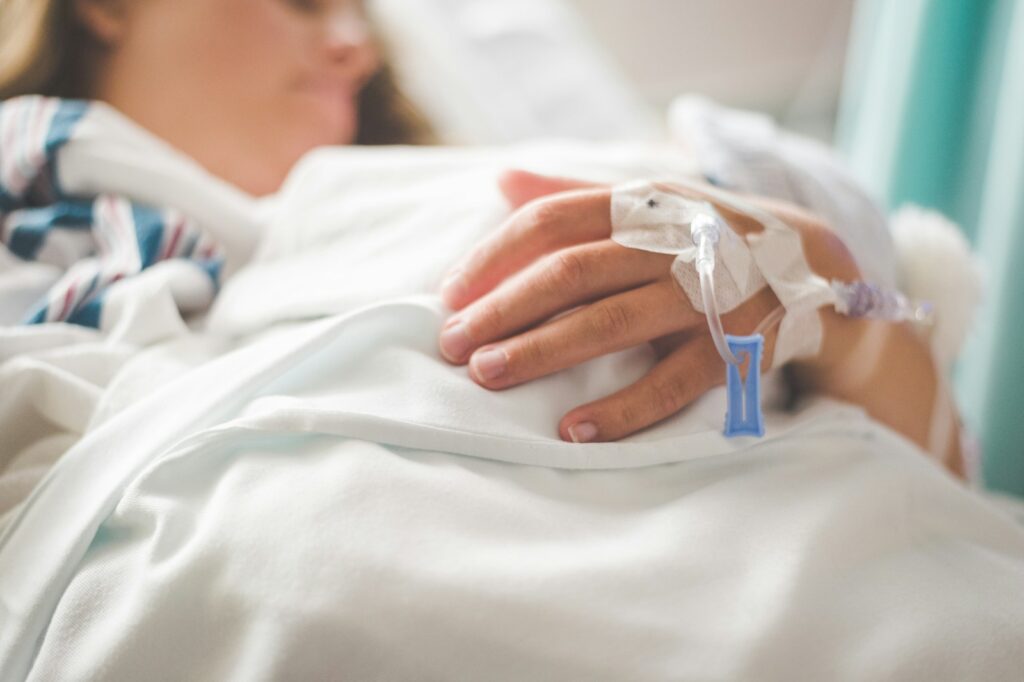Six Goals initiative provides alternative emergency care in Wales
More than 200,000 people accessed new NHS services last year, which were developed through the Welsh government’s Six Goals for Urgent and Emergency Care programme.
A pioneering initiative is working to ensure that people in Wales get the right urgent and emergency care in the right place and first time. The Six Goals programme, which is had been running for two years, provides alternatives to NHS emergency department care or admission.
The idea behind the scheme is simple: the provision of new specialist services that people can access directly rather than everyone having to go via the emergency department – which causes bottlenecks and delays. That’s especially important given record levels of demand for urgent and emergency care across the country.
With funding of £25m per year, the Six Goals initiative has seen the launch of the NHS 111 Wales urgent care helpline, 16 urgent primary care centres and 25 same-day emergency care services.
According to NHS data, these urgent primary care centres help some 11,000 people each month, about 85% of them cared for away from emergency departments. Some 7,500 people per month use the same-day emergency care services, almost 80% of them discharged home the same day.
The average length of a stay in hospital has fallen from eight and a half to seven days. Despite an increased in demand for emergency care over the last year, the average wait for triage in major emergency departments has remained at the level of some 20 minutes.
One element of the NHS 111 Wales helpline, the mental health single point of contact service which runs 24/7, receives more than 6,000 calls each month.
In the year ahead, the programme will focus on further ways to improve service by reducing the delays in ambulance handovers as well as the longest waits in Wales’s emergency departments.
Eluned Morgan, Cabinet Secretary for Health, says: ‘Every day, thousands of people in Wales receive high-quality urgent and emergency healthcare. It’s vitally important they get the right care, in the right place, the first time and that isn’t always an emergency department.
‘That’s why we’re investing in services like 111 and urgent primary care centres through the Six Goals programme. Despite relentless demand on services these changes have helped stabilise emergency department performance. But we know there is much more to do. None of this would be possible without the ongoing commitment of our NHS workforce and I want to thank them for helping to deliver these changes. In the third year of the Six Goals programme, our focus will turn to improving ambulance patient handover times and reducing the longest waits in emergency departments.’
One project funded by the Six Goals programme provides specialised same-day services at Velindre Cancer Centre for patients who develop toxicity following immunotherapy treatment. This specialist treatment helps to avoid repeated admissions to hospital for emergencies or ongoing care.
Sharon Bettinson, a patient at the Velindre Cancer Centre, says: ‘They’re just fantastic in Velindre. You know when you go there you’re going to get the right treatment and you’re not going to be hanging around for hours. I can’t praise them enough for what they’ve done for me.’
Dr Ricky Frazer, a consultant at the centre, adds: ‘Immunotherapy is a hugely effective treatment for patients living with cancer, but in some cases it can cause unpleasant side effects that can become serious if not managed effectively. Our 24-hour service provides information, education and resources to patients and staff across south-east Wales and beyond, to help them identify and relieve any side-effects as swiftly and safely as possible.’
In related news:
Cancer cases among under-50s have increased the most since 1995 – study
















